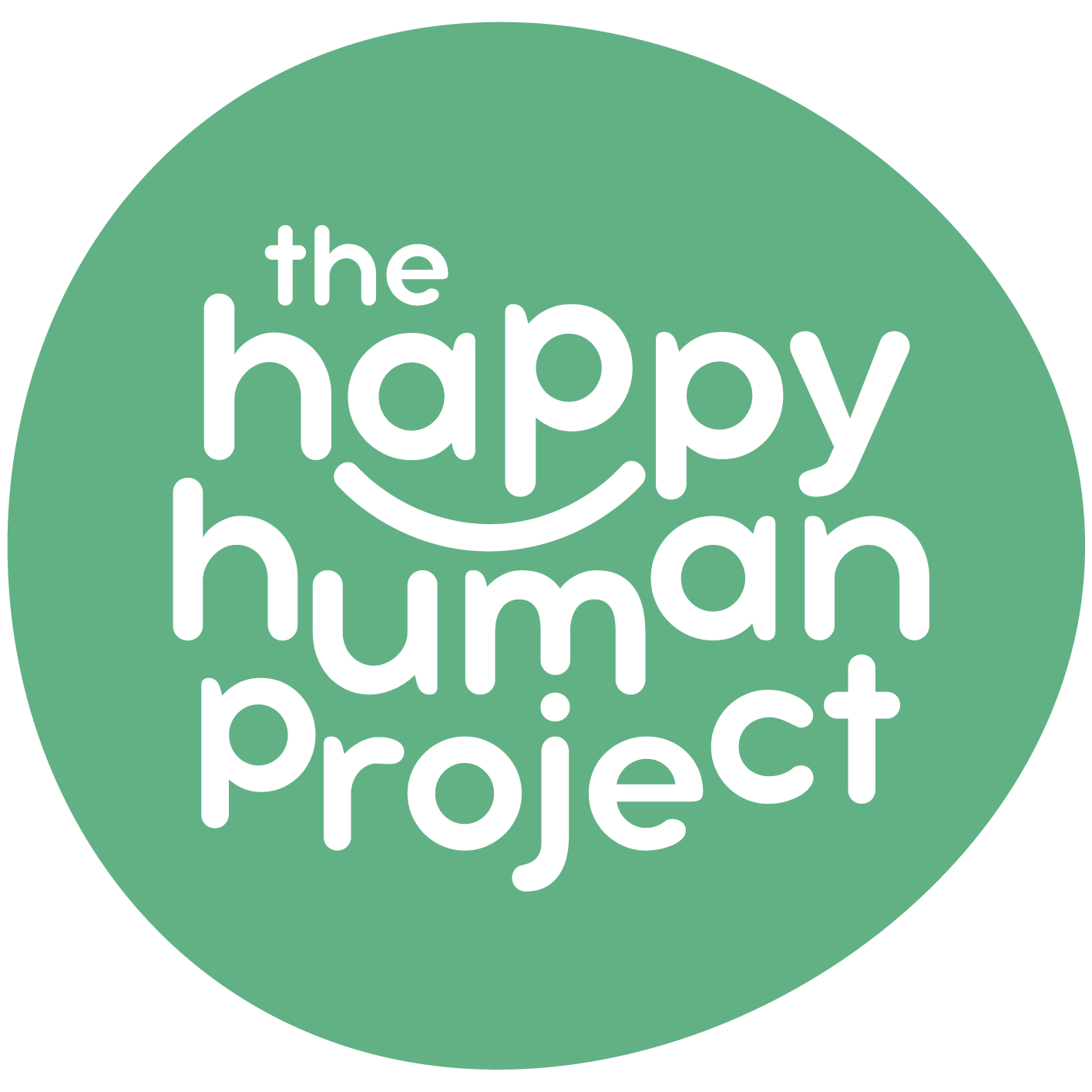We are all perfectly imperfect (and that’s okay!)
Ok, I have a secret to tell you... I am a self-confessed Perfectionist. I constantly let 'perfect' get in the way of 'good enough' and until someone pointed it out to me recently, it was stopping me from trying new things because of a fear of failure.
We live in a world that demands perfection from us in the way we look, act, feel and behave. This leads us down a dark road of comparing ourselves to others and ultimately ends in the conclusion that 'I am just not good enough' - something that I am desperate for children not to believe.
In my classes this month, we discussed big feelings and how we tend to react to and deal with them. We spoke about an experience we each had of feeling a big emotion and what triggered it. This was healing in itself because we were talking openly about parts of us that are not perfect, and this takes bravery to be vulnerable.
However, the true lesson came when I asked the children if any of them have ever reacted in an unacceptable way when they felt their big emotions, so have they hurt someone they loved? Destroyed property? Shouted something unkind? Or just done something they wished they hadn't? In every single class there was a short, shocked silence with children looking around to see who would be brave and own up. Then a few hands tentatively went up... then a few more... and eventually everyone, including me, had their hands up. I could see the children looking around at each other in surprise and even giggling and feeling what I imagine was relief. Relief that they are not perfect and neither is anyone else.
Obviously we then went on to learn better ways to cope with those emotions, but my point here is that by letting children embrace imperfection, we're teaching them that it's okay to drop the façade not just with how they handle their emotions, but with everything - and that will stay with them.
As adults, I believe we have a responsibility to teach children right from wrong and model kind and thoughtful behaviour. But we also have a huge responsibility to teach children that no one has figured everything out (and if we're completely honest with ourselves, none of us know what we're actually doing here most of the time), no one is always happy and no one is immune from reacting in a way they wish they hadn't when an emotion took them over. Because when we demonstrate imperfection and that it doesn't kill us, we're indirectly giving children permission to try and sometimes fail, too.
